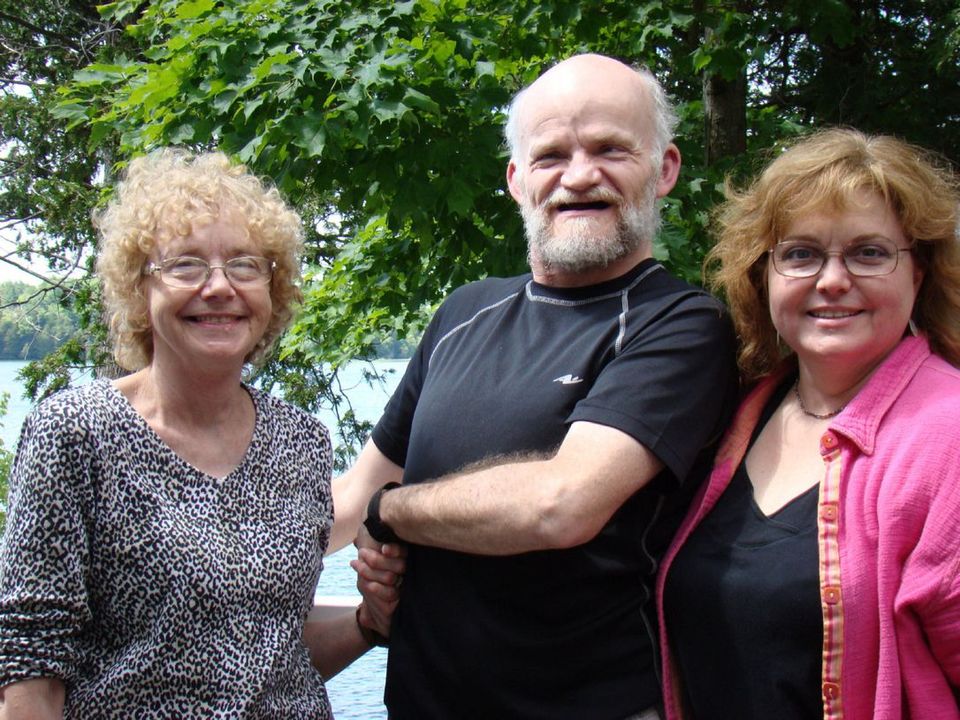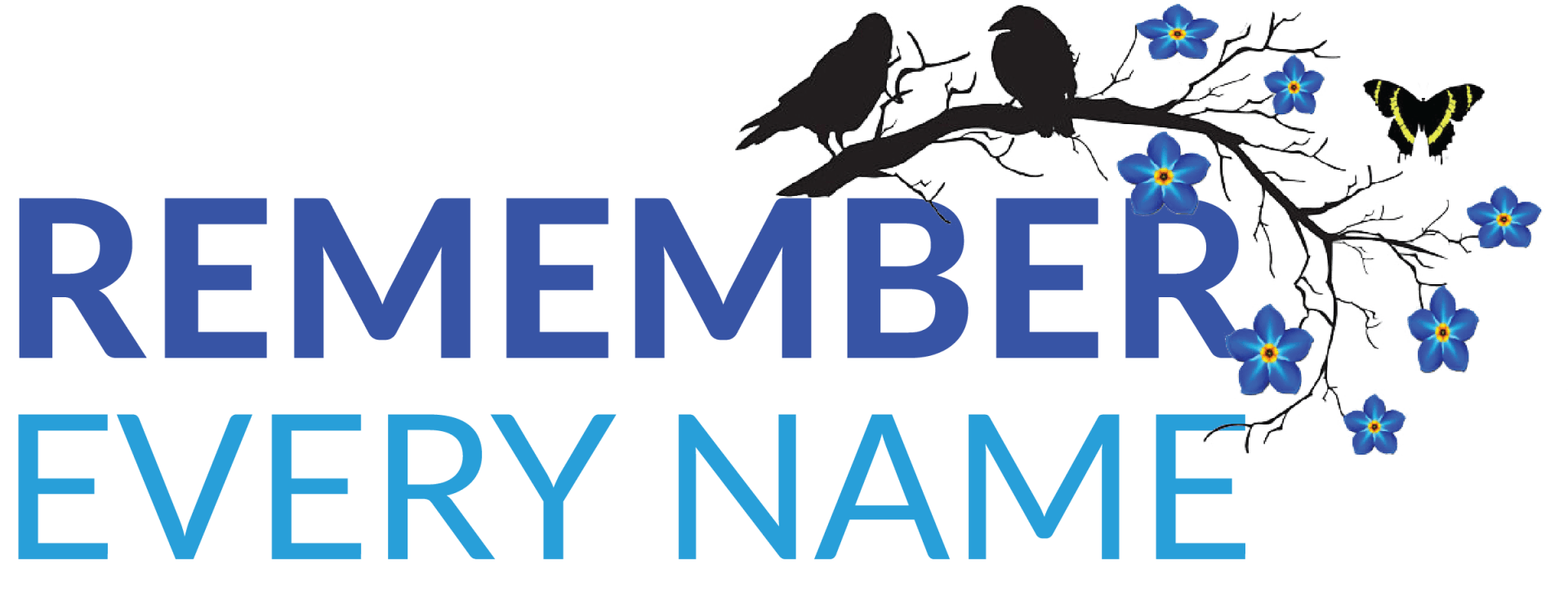Institutional abuse survivors await apologies from province

Three major class-action lawsuits over institutional abuse were settled this year, resulting in $68 million for former residents.
COURTESY OF DAVID MCKILLOP / COURTESY OF DAVID MCKILLOP
David McKillop, with his wife Eileen, was the lead plaintiff in a class-action lawsuit against the provincial government over the treatment of residents at Rideau Regional Centre.
By: Tim Alamenciak News reporter Toronto Star
David McKillop still has nightmares about what happened to him at Rideau Regional Centre, an Ontario institution for people with intellectual and physical disabilities.
“They were supposed to take care of you and make sure nothing happened to you,” said McKillop, the lead plaintiff in a class-action lawsuit against the government over the institution. “I still dream about what happened, sexual assault and all of that. I have nightmares about getting beaten up.”
The province recently settled class-action lawsuits with survivors of Rideau Regional Centre in Smiths Falls and of Southwestern Regional Centre in Chatham-Kent.
The settlements come on the heels of a major victory by former residents of Huronia Regional Centre, the largest and oldest institution of its kind in the province.
Collectively the three lawsuits are worth about $68 million. In the case of Huronia, oral apologies have been issued by the leaders of all three major provincial parties. The settlements for Rideau and Southwestern include requests for written apologies.
For Vici Clarke, whose brother Rob was in Rideau as a child, the apology will represent a major turning point.
“When the native residential school hearing happened and (Prime Minister Stephen) Harper apologized, my mom would look at the television and go, ‘Who’s going to apologize to Rob?’ ” said Clarke. “So for us, the apology is worth its weight in gold.”
Premier Kathleen Wynne apologized to the former residents of Huronia Regional Centre on the floor of the legislature Dec. 9 after the landmark settlement was approved in court. Clarke and McKillop were there, but although Wynne mentioned Rideau, which closed in 2009, the apology was targeted toward Huronia residents.
The settlements for Rideau and Southwestern, which closed in 2008, must still be approved by a court before the claims process can begin. The province operated 16 such institutions, according to a list from the Ministry of Community and Social Services. The three institutions were the last to close and also the largest and oldest of Ontario’s facilities for those with intellectual disabilities.
While reaching a settlement is a major step in the process, informing former residents and having them file claims will present challenges.
“Many people are going to need somebody to assist them. If you look at who the population is of the class, many people have very low literacy levels,” said Clarke. “I think what’s happening now is there’s a commitment to make that process streamlined and straightforward for people.”
The legal team representing the class, Koskie Minsky LLP, is working with a company that specializes in accessible document design to help ease the paperwork process.
Meanwhile, Clarke hopes the settlements don’t overshadow the need for change in the current system. She says many in the public didn’t even know about the existence of institutions like Huronia, Rideau and Southwestern prior to the lawsuits.
“There’s a big danger that people will say, ‘Those big places are closed. . . . The asylums are closed. Things are much better for people now,’ ” said Clarke. “We would hope that people don’t take from this that it’s all said and done, and everything’s fine — absolutely not.”
